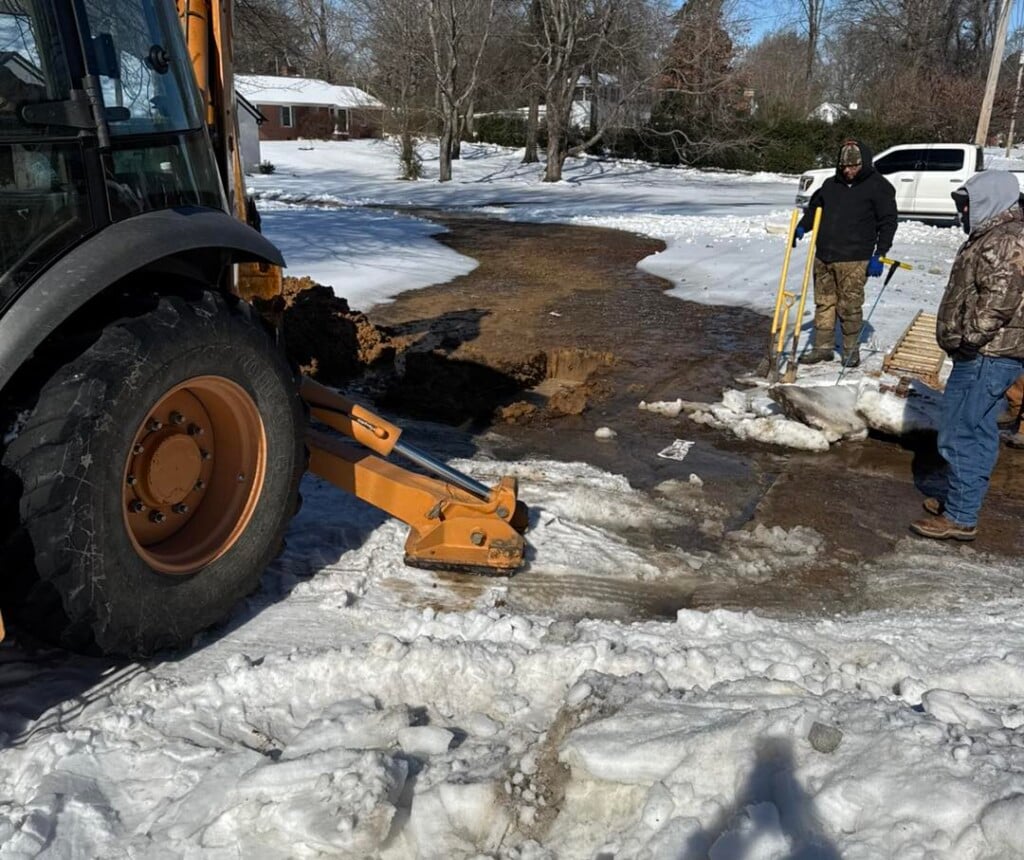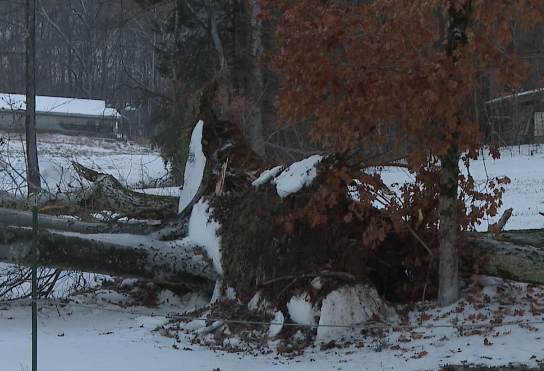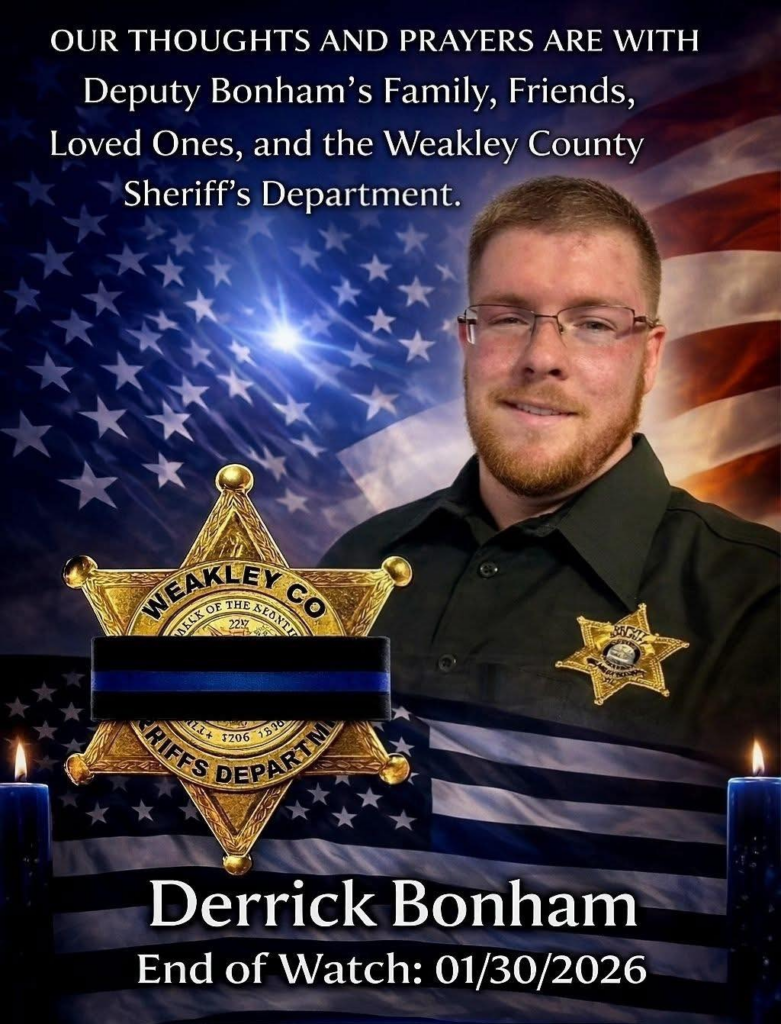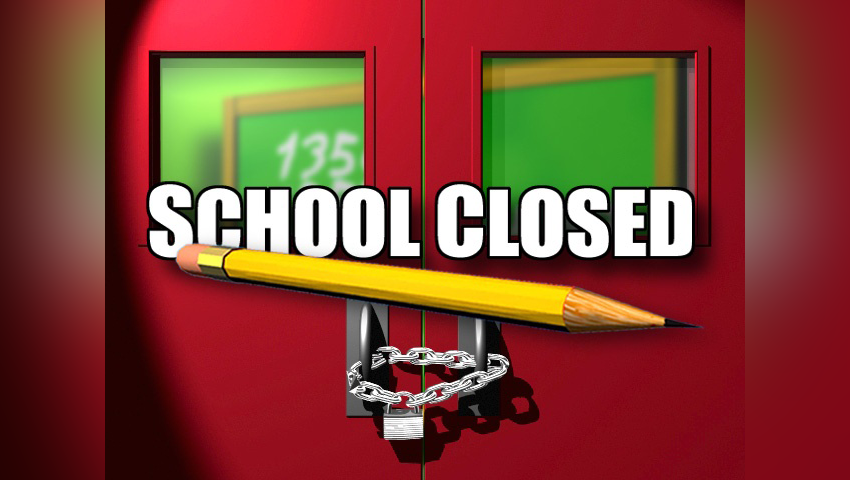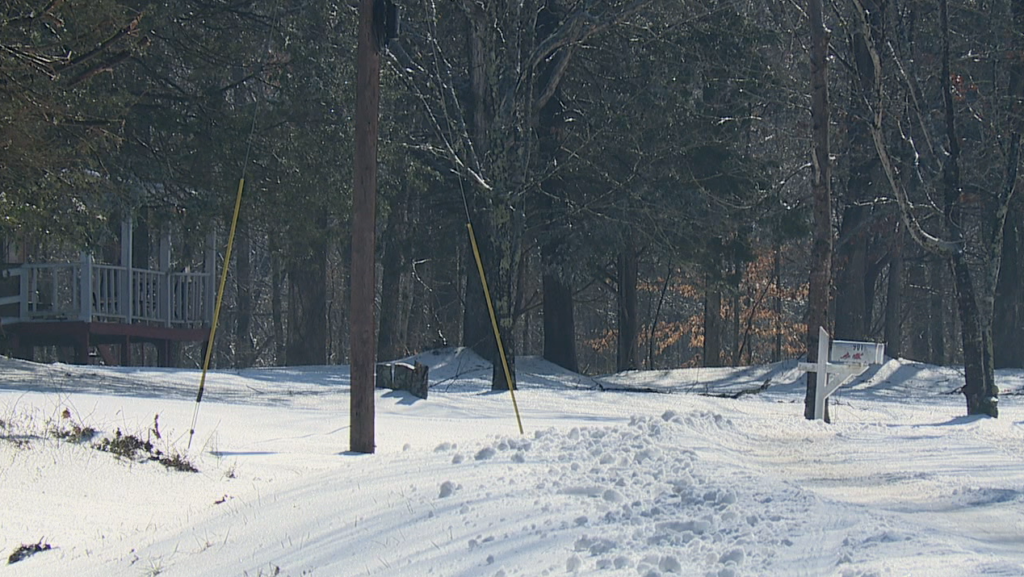What the Tech: Digital creators Facebook
Over the past couple of years, scammers on Facebook and Instagram have come up with a nifty way to hide.
You might have noticed it too. Friend requests from people you’ve never met who call themselves “Digital Creators.” The title sounds harmless and professional, but lately it’s become one of the easiest ways to spot fake accounts.
Meta says it disables more than a billion fake Facebook and Instagram accounts every few months. Most of those are stopped before they ever go live, but some slip through. And when they do, they start sending out friend requests or asking to join private groups.
So why are so many scammers calling themselves “Digital Creators”? Because it works.
First, the title looks modern and adds instant credibility. It makes a fake account look like someone who just wants to share videos or run a small business.
Second, Facebook automatically applies the “Digital Creator” label when someone turns on “Professional Mode.” Scammers do that because it lets them post publicly and reach a bigger audience, exactly what they want when they’re trying to scam people.
And third, it hides what’s missing. A scammer doesn’t have to list a hometown, post real photos, or show a friends list. That one label makes the profile look complete even when it’s not.
If you manage or belong to private Facebook groups, pay attention to who’s trying to join. On my college reunion group page, I get requests every week from people I don’t know and nearly all of them are “Digital Creators.”
Before you accept a friend request or approve a new group member, look at their Facebook profile. If there’s no personal information, no photos, and no posts, that “creator” is probably creating something you don’t want: trouble.
Not every “Digital Creator” is a scammer, but most scammers are “Digital Creators.”
For more U.S. news, click here.





